When essential oils are mentioned, one of the first things that comes to mind is peppermint oil. The reason is that it is one of the most used, because of its many health benefits.
It is believed that mint was one of the first herbs used, known to our prehistoric ancestors. From its documented use, it is understood that mint was used as early as the time of Pliny, who described it. In ancient Greece and Rome, mint was used in cooking and according to Aristotle, it is also an aphrodisiac. The plant is also known in ancient Egypt.
As a therapeutic agent on the Old Continent mint has been used since the mid-eighteenth century, mainly for digestive problems. Peppermint essential oil is obtained by steam distillation of the leaves and stems of the herb. It has a cool, sharp and fresh menthol aroma and medium volatility. Its main effect is cooling and energising.
This essential oil has a remarkable number of phytochemicals. Menthol is about 50 percent and predominates as an ingredient. Mentofuran, methyl acetate, cineole, limonene, beta linene and beta caryophyllene are other valuable compounds now being studied for anticancer properties.
Peppermint oil also contains flavonoids and like many plants in many plant products the phytochemical constituents vary according to the season of collection and the environment.
The use of peppermint essential oil is very wide and covers medicine, cosmetics, aromatherapy and other fields of use.
First of all, this is its antitumor effect. This action is most active in prostate cancer. It has a good effect on cancer of the cervix, mammary gland, bladder, colon.
The antimicrobial action is used in the treatment of wounds, respiratory infections, bronchitis, laryngitis and tonsillitis. Suppresses the growth of bacteria.
Fungal infections are also well affected by essential peppermint oil, as it is particularly active in candida.
For headaches and migraines, menthol oil is invaluable when applied to the temples. It copes well with pain and acts as a pain reliever.
For skin diseases - dermatitis, eczema and psoriasis, treatment with mint essential oil is recommended. It soothes irritation and pain and inhibits bacterial growth.
In cosmetics, it is valued for its effect on hair growth and strength. It is known for its role in correcting and preventing hair loss. It increases the number of hair follicles and their depth and stimulates hair growth.

Because this oil is highly concentrated, it is recommended to use it with other essential oils.
The benefits of peppermint oil for hair
As much as you take care of your skin, you also need to give your hair proper attention. Hair health affects your overall appearance. Besides using argan oil for hair, peppermint oil is another ingredient you should add to the hair care products you buy because of its amazing benefits. Here are some benefits of peppermint oil for hair.
Reduces hair loss
Are you increasingly concerned about hair loss? If the amount of hair removed when combing your hair bothers you, you may find a solution to the problem with the help of peppermint oil. Peppermint oil penetrates deep into the skin and reaches the hair follicles, promoting the growth of new hair. It is good not only to apply the oil in masks against hair loss, but also to massage your head in the morning and evening every day.
Thickens hair
As it improves blood circulation in the scalp area, peppermint oil helps to enjoy thicker and healthier hair. Often times our hair is very damaged due to treatments with straighteners, dyes, styling products. You can use peppermint oil which is among the regenerating hair oils.
Cleanses the scalp
Peppermint oil keeps the scalp clean and keeps dandruff away. Combined with this, your hair will smell great and stay fresh for a long time.
The benefits of peppermint oil for the skin
Peppermint oil has undeniable benefits for the skin. For example, it repels annoying insects and protects us from bites. Here are the other useful properties the product hides:
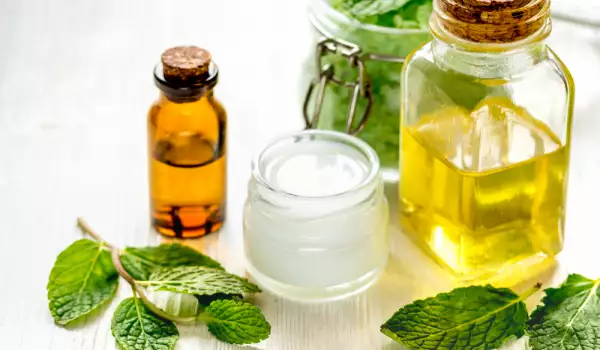
Skin shines with peppermint oil
Peppermint oil is a real skin elixir. It is a preferred means of maintaining beautiful, radiant and healthy skin. To take advantage of its incredible benefits, you can bet on toners, homemade face masks and cleansers that contain this amazing product. One of the best features of peppermint oil is that it makes the skin glow.
Controls excess oiliness
Peppermint oil is good for the skin for many reasons. It manages to control the oiliness and thus reduces the risk of clogging pores and the appearance of pimples. That is why it is used so successfully in the homemade masks for oily skin.
Energizes the skin
Peppermint oil improves circulation. By moving the blood to the facial area, it literally revives the skin there, restoring its youthful glow.
Soothes irritated skin
Find relief from the discomfort caused by skin irritations with peppermint oil. Burns, skin rashes and dry skin can be relieved with the cooling and soothing effects of peppermint. Just be careful when diluting this essential oil with a carrier oil to avoid adverse effects. With the right mixture, you can restore moisture to the skin and soothe the pain caused by burns.
Tips for Safe Use of Peppermint Oil
Although essential oils for hair and skin have many healing properties, please note that they are highly concentrated and precautions should be taken when using them. Here are some safety considerations to keep in mind when using peppermint essential oil:
One of the most important things to remember when using peppermint oil is that less is more. Start with 1-2 drops (properly diluted in a carrier oil such as almond oil, jojoba or olive oil) and add later, if needed.
Peppermint essential oil is for external use only, which means you shouldn't take it at your discretion. Sometimes the essential oil is confused with the mint leaves, which are edible. Make sure you are aware of the difference.
As with any essential oil or new skin care ingredient, we always recommend testing on a small patch of skin before applying to a larger area. Because essential oils are highly concentrated, some people may experience a negative or allergic reaction to them. It is important to properly dilute essential oils in a carrier before using them.
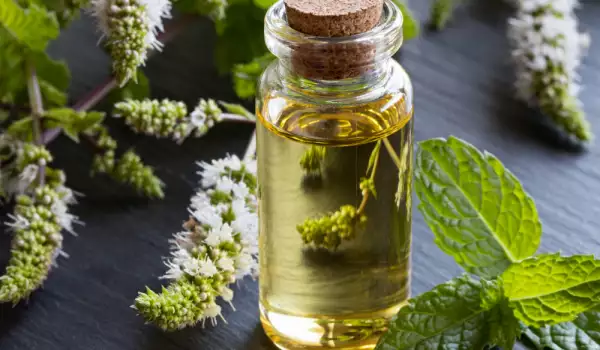
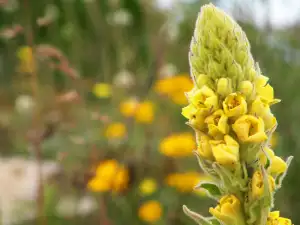





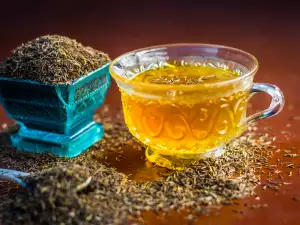
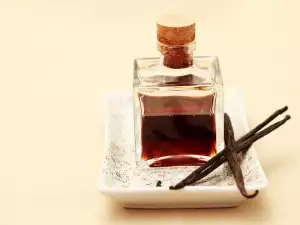

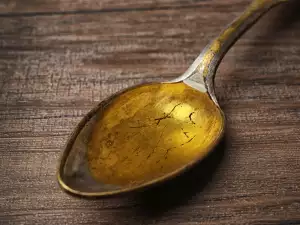
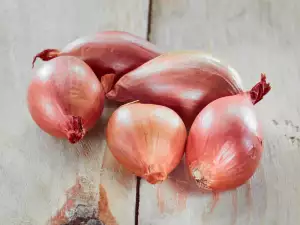
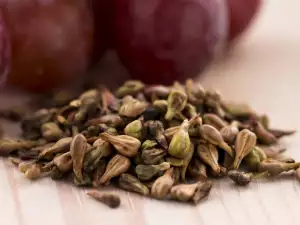


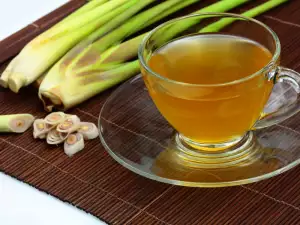




Comments